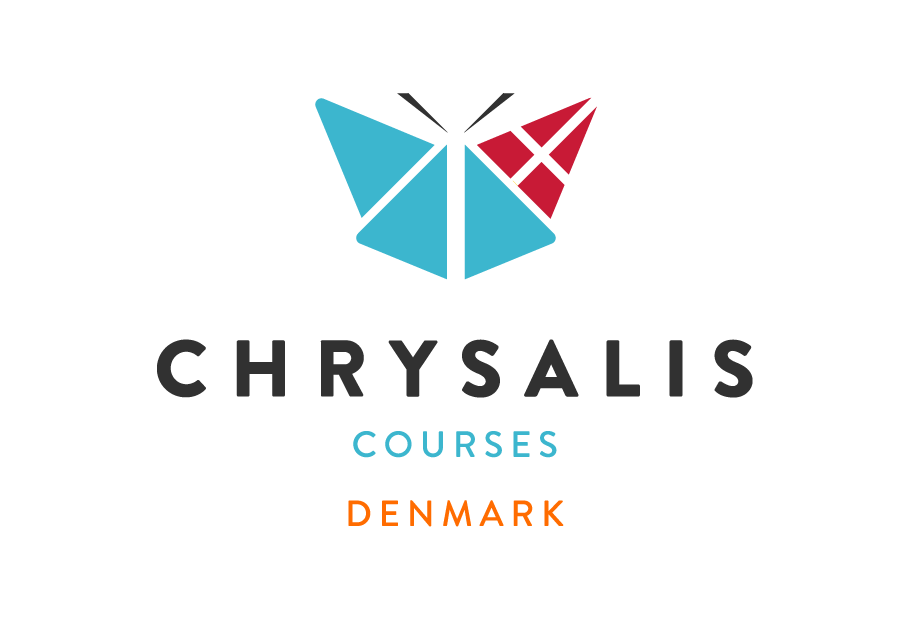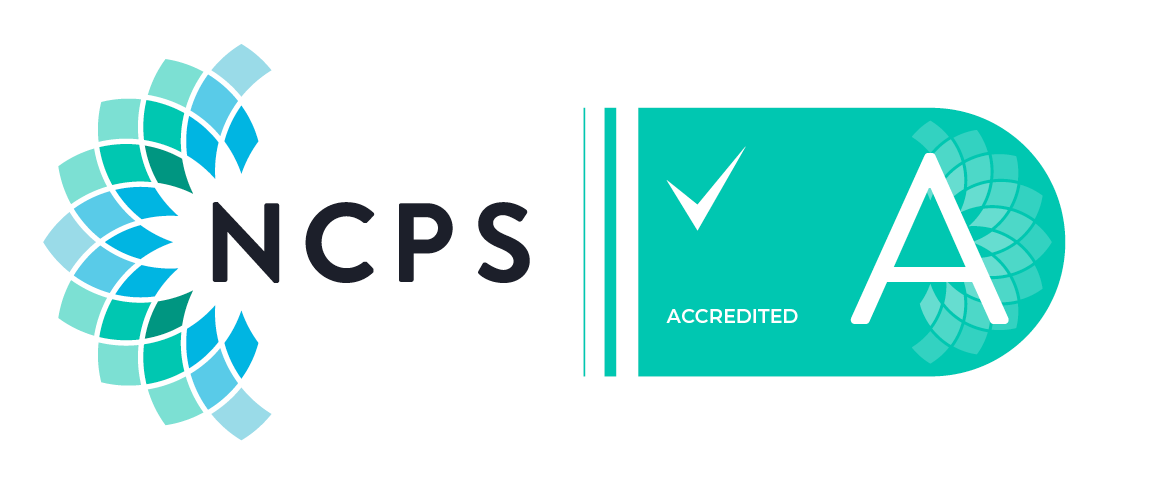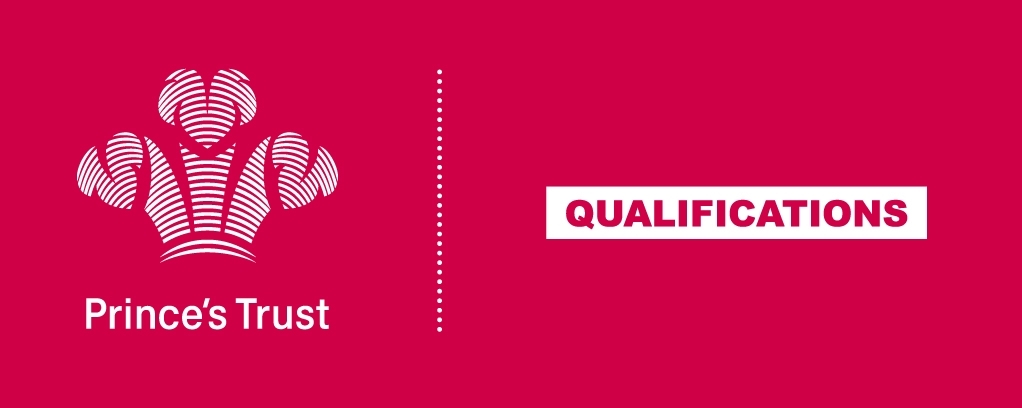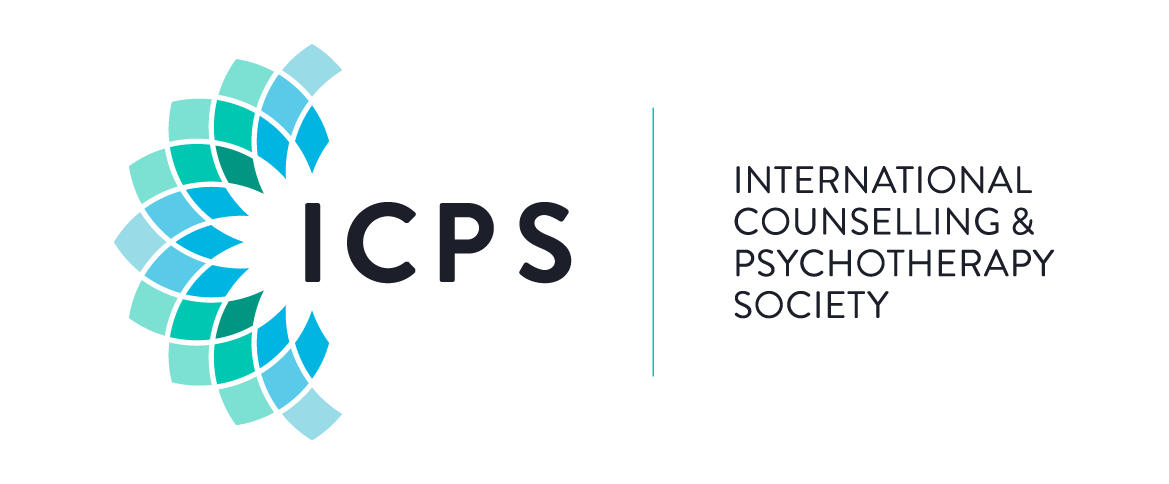Counselling Courses
Chrysalis Level 5 Professional Diploma in Psychotherapeutic Counselling Practice (PROF. DIP PSY C.)

Counselling Courses
Chrysalis Level 5 Professional Diploma in Psychotherapeutic Counselling Practice (PROF. DIP PSY C.)
Choose this level 5 professional diploma in psychotherapeutic counselling course if you wish to become a professional counsellor/psychotherapist and wish to gain, through qualification, a route onto an Accredited Membership with The International Counselling & Psychotherapy Society.
Chrysalis Level 5 Professional Diploma in Psychotherapeutic Counselling Practice (PROF. DIP PSY C.)
DKK 35,000.
COURSE LENGTH: 15 MONTHS - BLENEDED LEARNING
Registered successful candidates will achieve The Prince's Trust Level 5 Diploma in Therapeutic Counselling Practice (RQF) 603/6873/1
BENEFITS*
- Become recognised as a registered counsellor and earn a Professional Diploma (Prof.Dip Psy C)
- Course fully Accredited by the National Counselling and Psychotherapy Society & The International Counselling and Psychotherapy Society
- Registered successful candidates will receive an RQF Level 5 Diploma from Prince’s Trust.
- A clear and rapid upgrade route to Level 6 (Higher Education) qualifications on passing this course
- 118 Guided Learning Hours
- Completion of Levels 3, 4 and 5 will lead to a total of 306 Guided Learning Hours
WHAT IS THE LEVEL 5 DIPLOMA IN THERAPEUTIC COUNSELLING COURSE FOR?
Choose this level 5 professional diploma in psychotherapeutic counselling course if you wish to become a professional counsellor/psychotherapist and wish to gain, through qualification, a route onto an Accredited Membership with The International Counselling & Psychotherapy Society.
Students will able able to enrol for this course upon successful completion of both levels 3 and 4. In this final year of your part-time training course, you will enhance and develop deeper understanding of the work of counselling and perfect your skills through a supervised agency placement, supported by your in-class training. You gain full understanding of working ethically and professionally with clients along with gaining knowledge of different issues clients need support to work through. Training Incorporates deeper knowledge of key therapy approaches within a Pluralistic framework, along with a deeper awareness of self and the therapeutic relationship.
SYLLABUS
1. KEY MODELS INCORPORATED WITHIN THE PLURALISTIC APPROACH 1: THE PSYCHODYNAMIC APPROACH Evaluating main contributions to the development of Psychodynamic counselling, with a focus on drive theory and Object Relations theory. intrapersonal and interpersonal relationship dynamics are explored, including those occurring within the therapy room. Understanding of conducting safe and ethical supervised practice is further explored.
2. KEY MODELS INCORPORATED WITHIN THE PLURALISTIC APPROACH 2: THE HUMANISTIC APPROACH Reviewing key models within this approach and exploring further the process of therapy and personal growth and developing further understanding of the core conditions. Reflecting on supervised practice and key aspects of boundaries, practicalities, and contracting with clients.
3. KEY MODELS INCORPORATED WITHIN THE PLURALISTIC APPROACH 3: COGNITIVE BEHAVIOURAL APPROACH Building on knowledge of these approaches and methods alongside developing self-awareness and reflection on aspects such as the impact of diversity and difference on the experience of therapy.
4. UNDERSTANDING DEPRESSION & HUMAN RELATIONSHIPS reviewing therapeutic and medical models of depression and gaining knowledge of treatment for depression in the UK, including the role of counselling and psychotherapy. Risk assessment is considered in detail. Exploring relationship models to include the dynamics of the therapeutic relationship regardless of approach used, and the importance of professional codes of ethics.
5. ABUSE AND ADDICTION Exploring issues of abuse, addiction, eating disorders, and self-harm in detail along with how these may co-exist. The ethics of working with clients experiencing deeper issues are considered including counsellor level of competence and when referral or specialisation best supports the client. Learning requirements of supervision in more detail and various formats and models related to supervision.
6. PERSONAL AND PROFESSIONAL DEVELOPMENT Understanding the importance of Continuing Professional Development (CPD) and reflecting on own personal and professional growth throughout the course.
7. COUNSELLING PRACTICUM Undertaking a placement with a suitable agency to gain 100 supervised clinical hours within the guidelines and policies of a professional counselling organisation. Evaluating and reflecting on own clinical work on a regular basis to experientially understand the work of counselling.
8. EVALUATING THE USE OF EVIDENCE IN COUNSELLING PRACTICE Evaluating the contribution of research studies to the practice of counselling with a focus on different types of studies from randomised controlled trials to the significance of the case study in the development of new ideas and approaches to counselling.
SEE THIS DIPLOMA ON THE OFQUAL REGISTER >>
Study Methods: Practical classroom work; Chrysalis VLE; Practice Groups; Homework assignments; Reflective Journal; Formally Supervised Placement Arrangement; Focus on practical work with no final exam.
Supervision/Placements: This course requires 100 hours of supervised practice, please note that there may be additional supervision fees dependant on placement.
Our recognised counselling qualifications are accredited or validated by:
This course is by invitation only:
CONTACT USGRADUATE TESTIMONIALS
Don't take our word for it, listen to our graduates. Read testimonials from past Chrysalis graduates of our psychotherapy and counselling courses.





